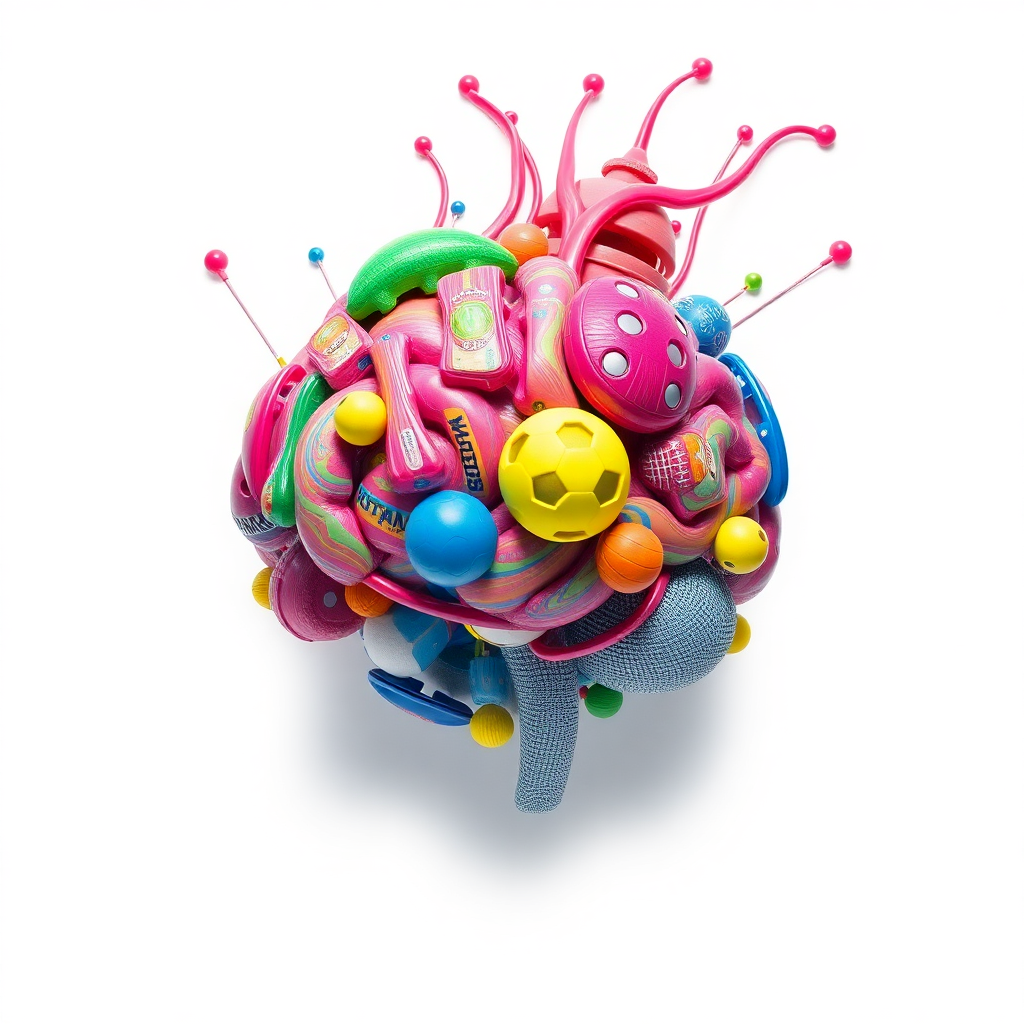Mind Games in Sports
The Psychological Edge in Competition
In the world of sports, where physical prowess and strategic planning dominate, an equally powerful element often takes center stage.
The Mind games, or psychological tactics employed by athletes, coaches, and teams, can shape the course of a match. These games leverage human psychology, aiming to unsettle opponents, inspire teammates, and influence outcomes. However, their impact ranges from effective strategy to ethical concern, depending on how they are executed.
What Are Mind Games in Sports?
Mind games are strategic psychological tactics aimed at gaining a competitive advantage. They can be verbal, non-verbal, or situational, all designed to influence an opponent’s mental state or boost the user’s confidence.

Types of Mind Games
Trash Talk
Verbal provocations intended to distract or evoke an emotional response.
Silent Pressure
Displays of unwavering confidence through body language and demeanor.
Pre-Match Statements
Media interviews or public comments designed to plant doubt in an opponent’s mind.
How Mind Games Work
At their core, mind games exploit psychological vulnerabilities, such as self-doubt or fear of failure. Athletes and coaches who master these tactics often use them to disrupt the opponent’s focus and decision-making.

Key Mechanisms
Targeting Weaknesses
Identifying areas where opponents are mentally fragile and tailoring mind games accordingly.
Building Psychological Pressure
Projecting an aura of invincibility to instill doubt in competitors.
Timing Matters
Choosing critical moments to deploy mind games, such as during high-pressure plays or pre-match briefings.
The Advantages of Effective Mind Games
When employed effectively, mind games can yield impressive benefits, providing a psychological edge that complements physical skills.

Success Factors
Disrupting Opponent Focus
Breaking an opponent’s concentration can lead to errors and missed opportunities.
Building Momentum
Successful mind games can shift the psychological dynamics, giving the instigator a boost in confidence and control.
Enhancing Strategy
Observing an opponent’s reaction to mind games reveals valuable insights into their vulnerabilities.
Establishing Reputation
Athletes known for psychological dominance can influence matches even before they begin, as opponents approach them with heightened caution.

When Mind Games Fail
Ineffective Psychological Tactics
Not every attempt at mind games achieves the desired effect. Poorly executed or misguided tactics can backfire, weakening the user’s position instead of strengthening it.
Reasons for Failure
Lack of Authenticity
Fake or insincere confidence is often easy for opponents to see through.
Overuse
Repetitive or excessive trash talk loses impact over time and can be ignored.
Misjudged Target
Selecting the wrong psychological weak point can invigorate rather than intimidate the opponent.
Impact on the Instigator
Mind games can distract the user, leading them to lose focus on their own performance.

Crossing the Line
When Mind Games Go Too Far
While mind games are a legitimate strategy in sports, they can cross ethical boundaries, leading to harmful consequences.
Warning Signs
Personal Attacks
Using deeply personal insults or targeting off-field aspects of an opponent’s life.
Intimidation
Employing fear tactics that go beyond competitive pressure.
Mental Health Impacts
Exploiting vulnerabilities to the point of emotional distress.
Violating Sportsmanship
Unsportsmanlike behavior undermines the integrity of the game.

Consequences
Loss of Respect
Fans and peers may view extreme tactics negatively.
Penalties
Unsportsmanlike conduct can lead to disqualification or fines.
Backlash
Excessive mind games can damage an athlete’s reputation.
Developing Mental Resilience
To counteract mind games, athletes must cultivate mental toughness, ensuring they remain focused and unaffected by external pressures.
Techniques for Building Resilience
Visualization
Practicing success scenarios helps athletes maintain confidence.
Mindfulness.
Staying present prevents distractions.
Professional Guidance
Sports psychologists offer tools to strengthen mental fortitude.
The Role of Confidence in Mind Games
Confidence is central to the effectiveness of mind games, acting both as a shield against external pressures and as a weapon to intimidate opponents.
Key Practices
Preparation
Confidence grows from thorough mental and physical readiness.
Positive Reinforcement
Small achievements build self-belief.
Body Language
Confident posture and demeanor deter psychological attacks.
The Media’s Role in Amplifying Mind Games
Media coverage often magnifies the impact of mind games, making them more visible and influencing public perception.
Strategies for Managing Media Influence
Control the Narrative
Athletes can use media statements to their advantage.
Ignore Hype
Focusing on training helps athletes avoid being swayed by headlines.
Crafting Image
A composed public persona adds an extra layer of psychological strength.

Team Dynamics
Collective Strength Against Mind Games
Mind games are not just aimed at individuals—they target teams too. Strong team cohesion can help counteract these pressures.
Building Unity
Shared Objectives
A common goal helps maintain focus.
Peer Support
Teammates can lift each other during moments of vulnerability.
Group Resilience Training
Unified mental drills foster collective psychological strength.
Gender Dynamics in Mind Games
How They Differ Between Male and Female Athletes
While the principles of mind games remain consistent across sports, the way these tactics are used and perceived can vary between male and female athletes. Differences in communication styles, societal expectations, and team dynamics often play a role in shaping how psychological strategies are employed and received.
Communication Styles
Men
In male-dominated sports, mind games often involve direct and aggressive tactics, such as trash talk or overt intimidation. These approaches are generally more accepted and expected in male competitions.
Women
Female athletes tend to rely more on subtle and strategic mind games. Non-verbal cues, composure, and psychological endurance are often emphasized over overt displays of aggression.
Social and Cultural Expectations
Perceptions of Aggression
In some cultures, aggressive behavior in sports is celebrated among male athletes but may be viewed less favorably among females. This can influence how mind games are executed and how they are judged by fans and the media.
Emotional Focus
Female athletes are often perceived as more emotionally expressive, which can make them targets for psychological tactics that exploit perceived vulnerabilities. However, this can also work as a strength, as emotional intelligence can help female athletes identify and counteract mind games effectively.
Team Dynamics
Male Teams
Mind games within male teams often center on competition and establishing dominance, even among teammates. This can sometimes lead to internal rivalries but also fosters resilience.
Female Teams
Female athletes often prioritize team cohesion and communication, which can serve as a buffer against external psychological pressures. Mind games within female teams are typically less confrontational and more focused on building collective mental strength.
Response to Mind Games
Men
Male athletes are often conditioned to respond to mind games with stoicism or counter-aggression, engaging in a psychological “battle” with their opponents.
Women
Female athletes may employ strategies like mindfulness or emotional regulation to deflect the impact of mind games, often turning the focus inward to maintain composure and performance.
Conclusion
Mind games are a complex and powerful aspect of sports, blending psychology, strategy, and competition. While they can offer significant advantages, their misuse or ethical breaches can lead to negative consequences. Success lies in the balance—employing psychological tactics thoughtfully while respecting the spirit of fair play. Ultimately, mental resilience is the key to overcoming mind games and succeeding in the multifaceted world of sports.
Join the Discussion!
Mind games in sports are a fascinating and multifaceted aspect of competition. Whether you’re an athlete, a coach, or simply a passionate fan, we want to hear your thoughts! Have you ever witnessed or experienced the impact of psychological tactics on the field? Do you believe mind games are essential for gaining an edge, or do you think they cross the line into unsportsmanlike behavior?




Hi, I think your site might be having browser compatibility issues. When I look at your website in Firefox, it looks fine but when opening in Internet Explorer, it has some overlapping. I just wanted to give you a quick heads up! Other then that, awesome blog!